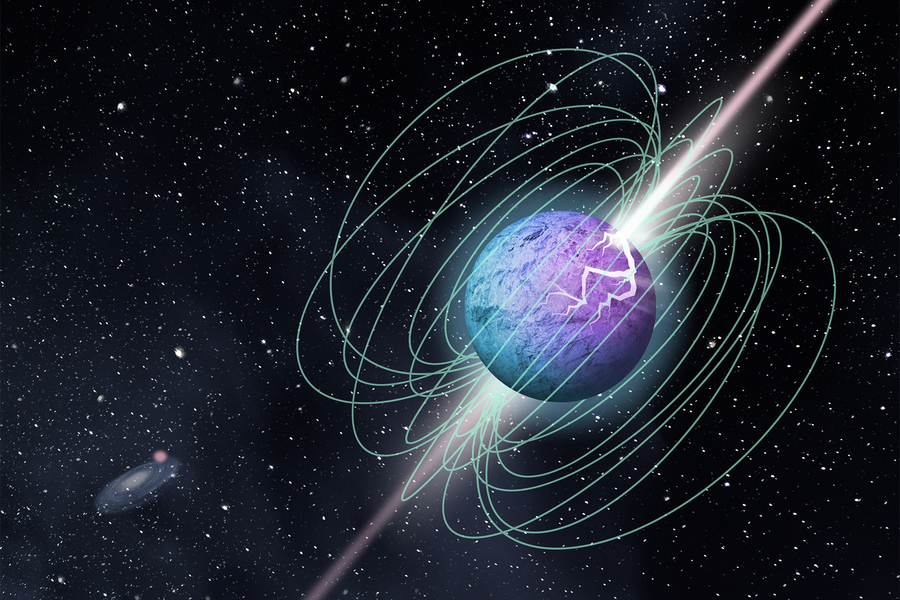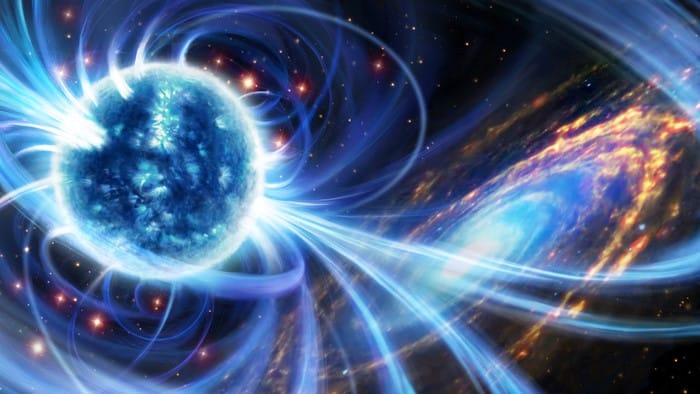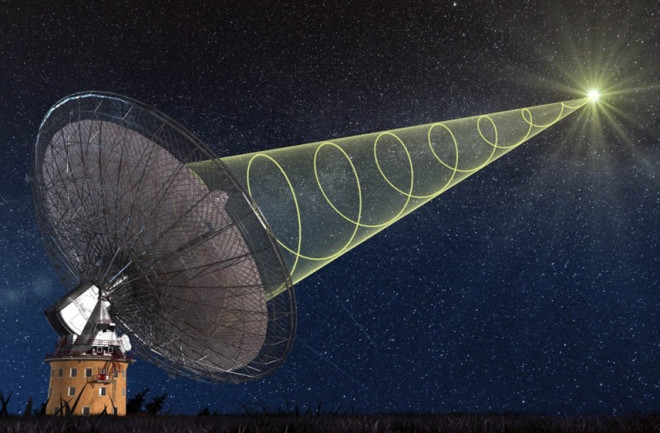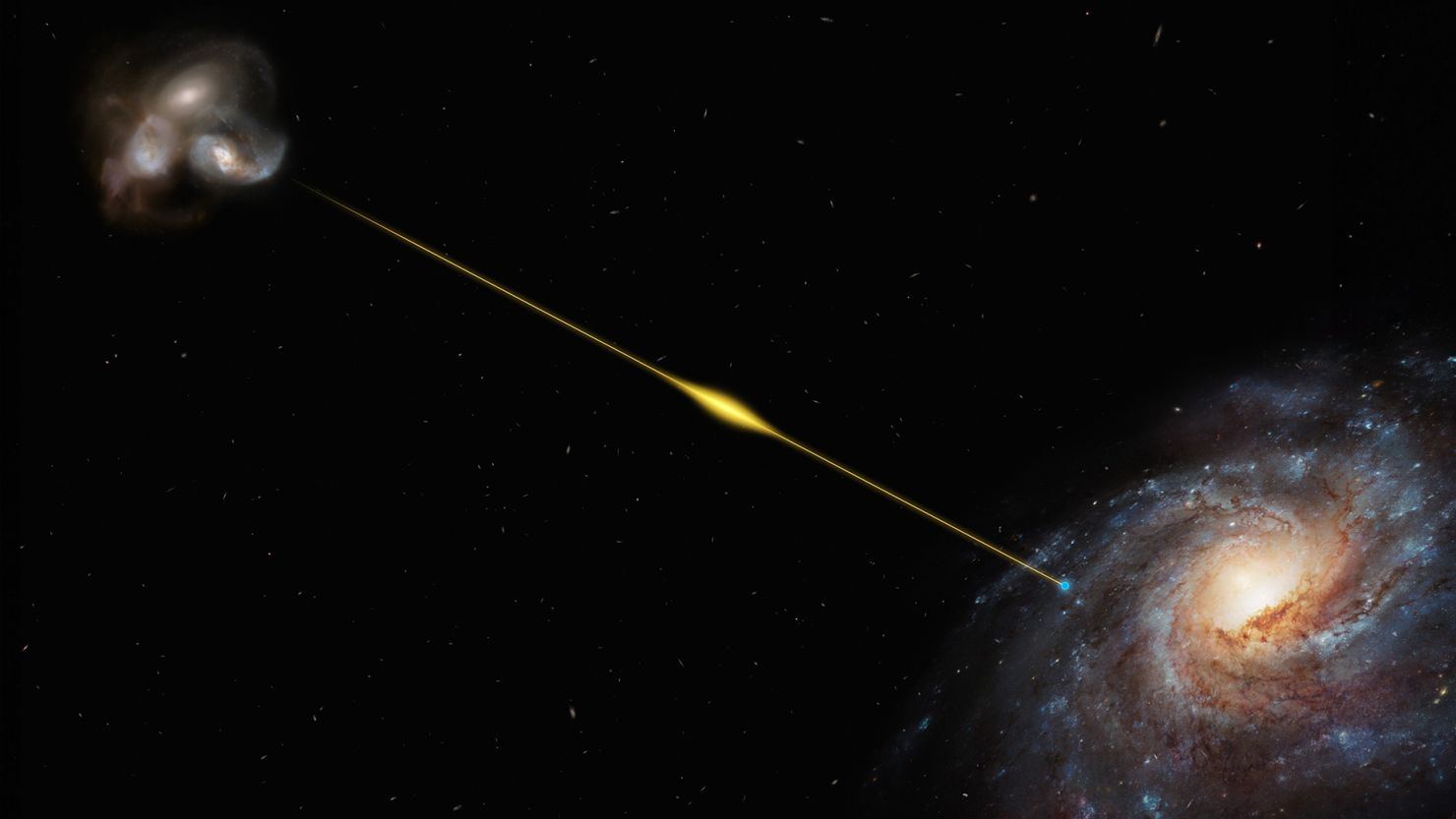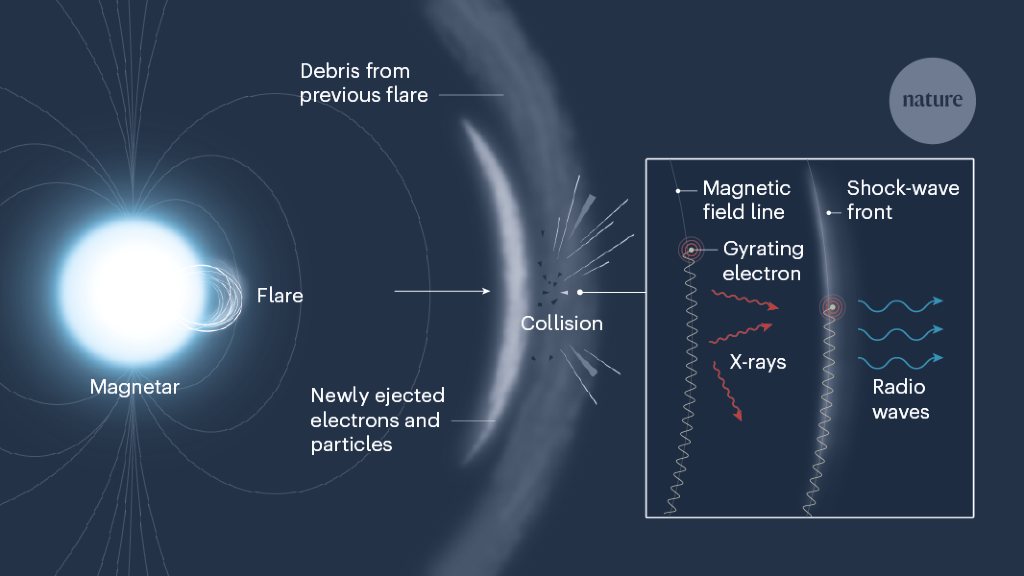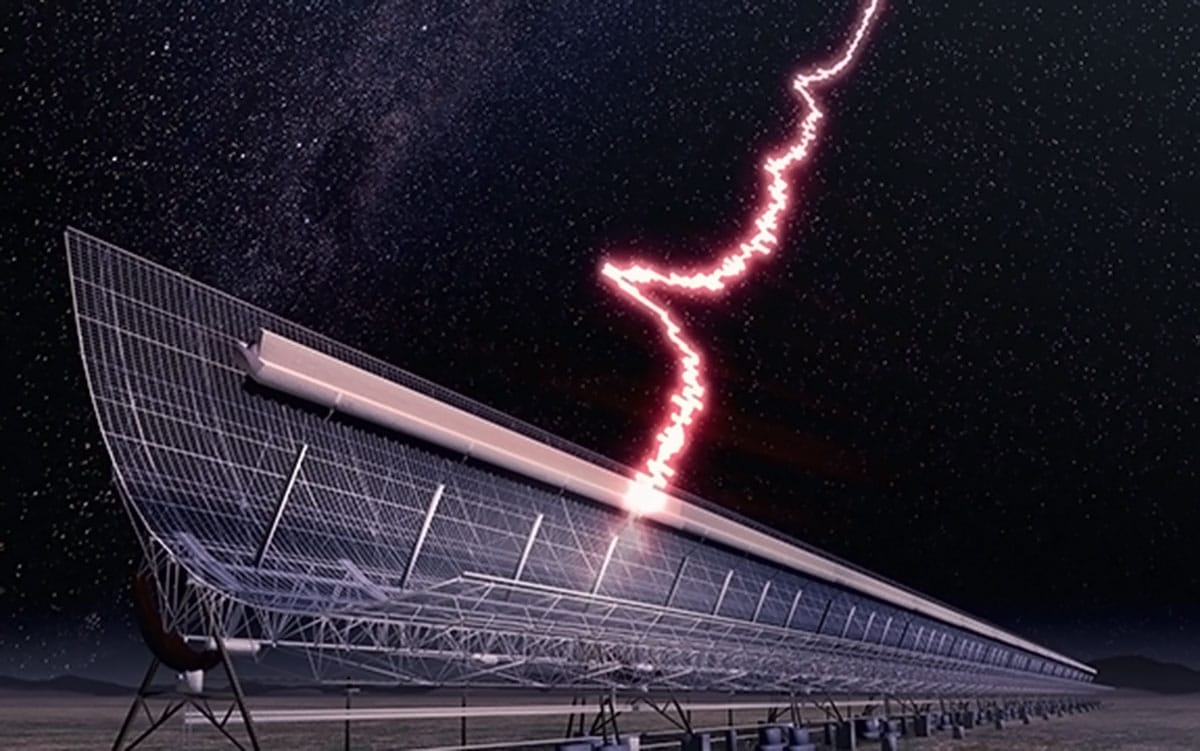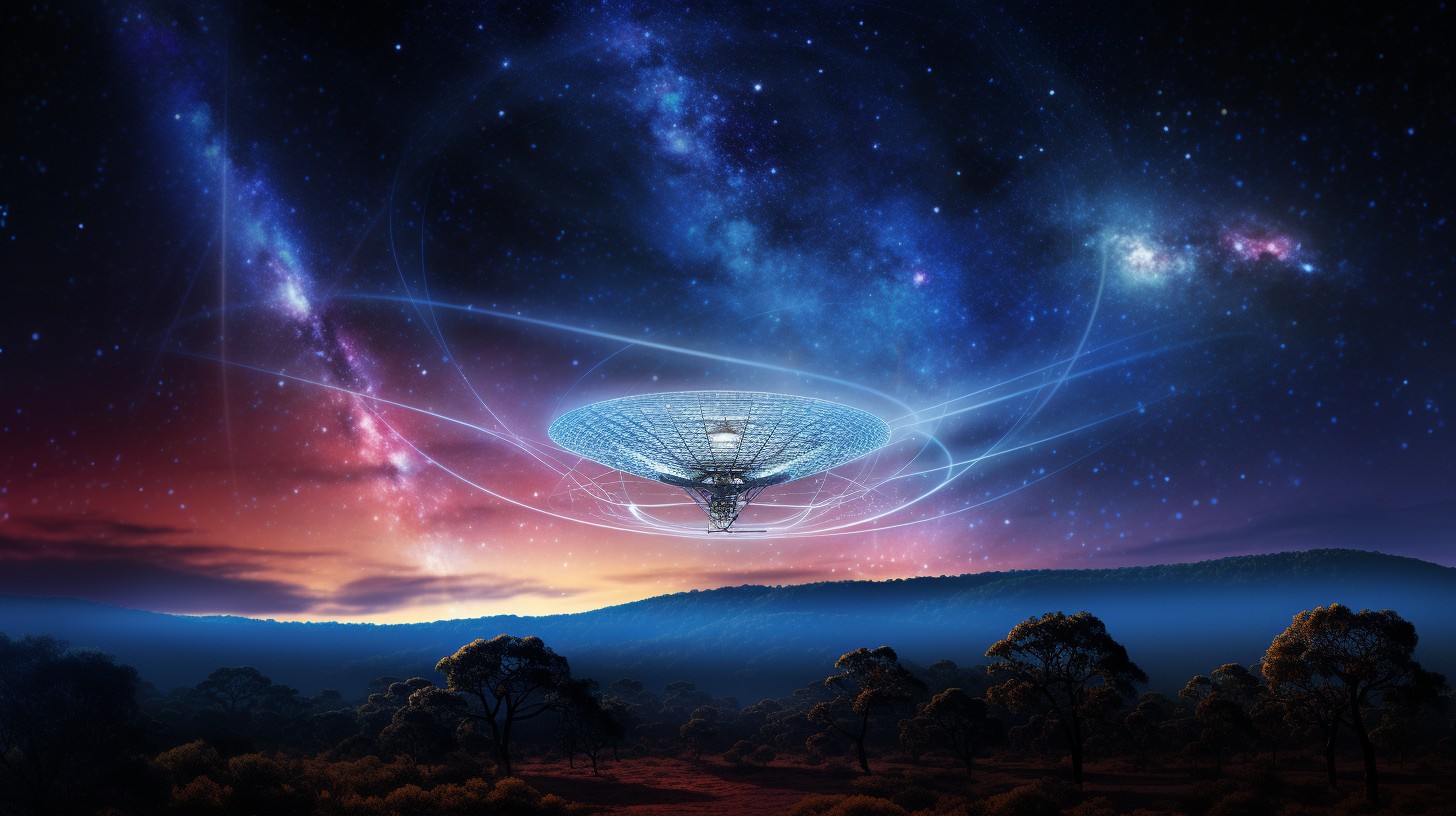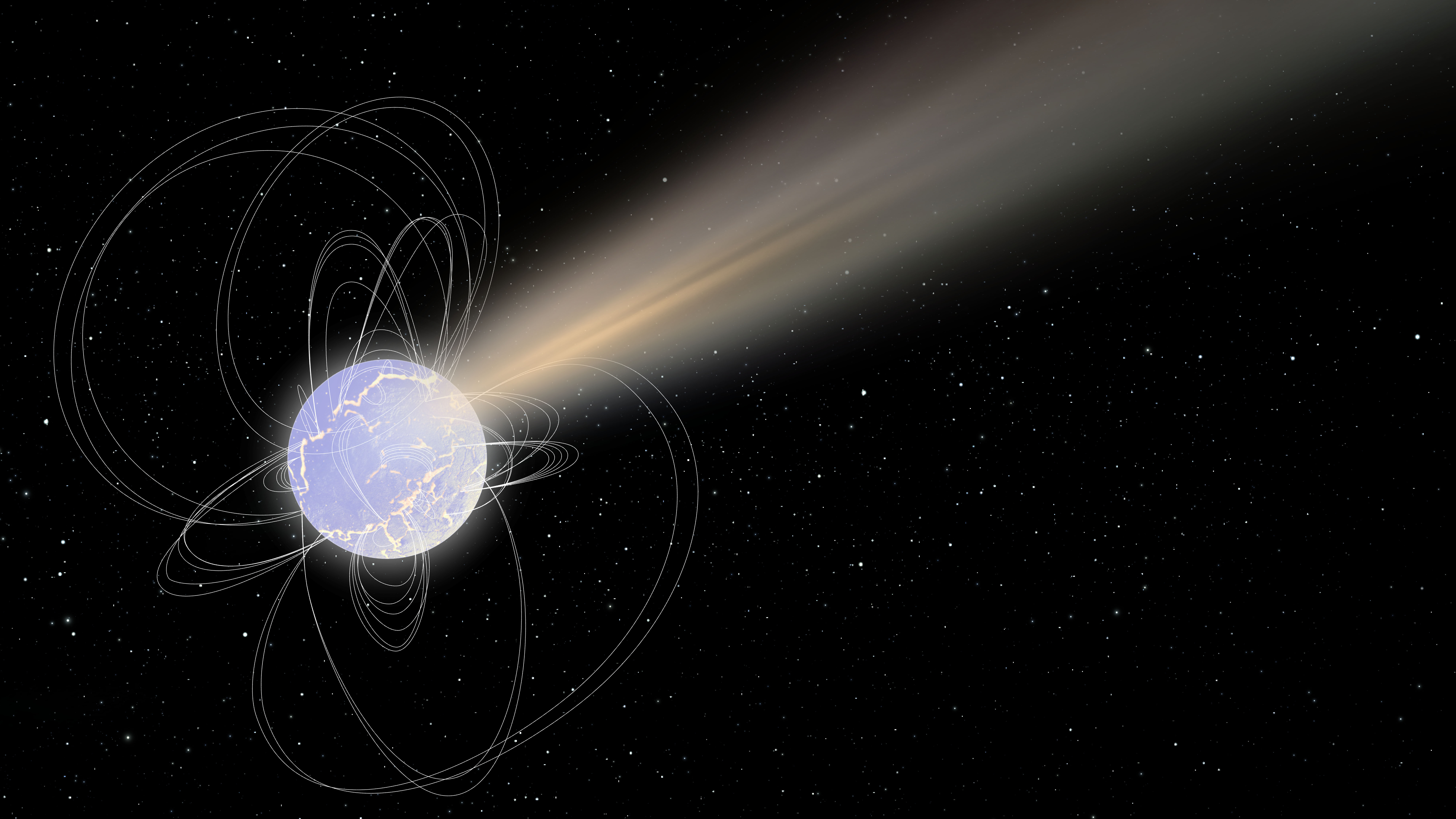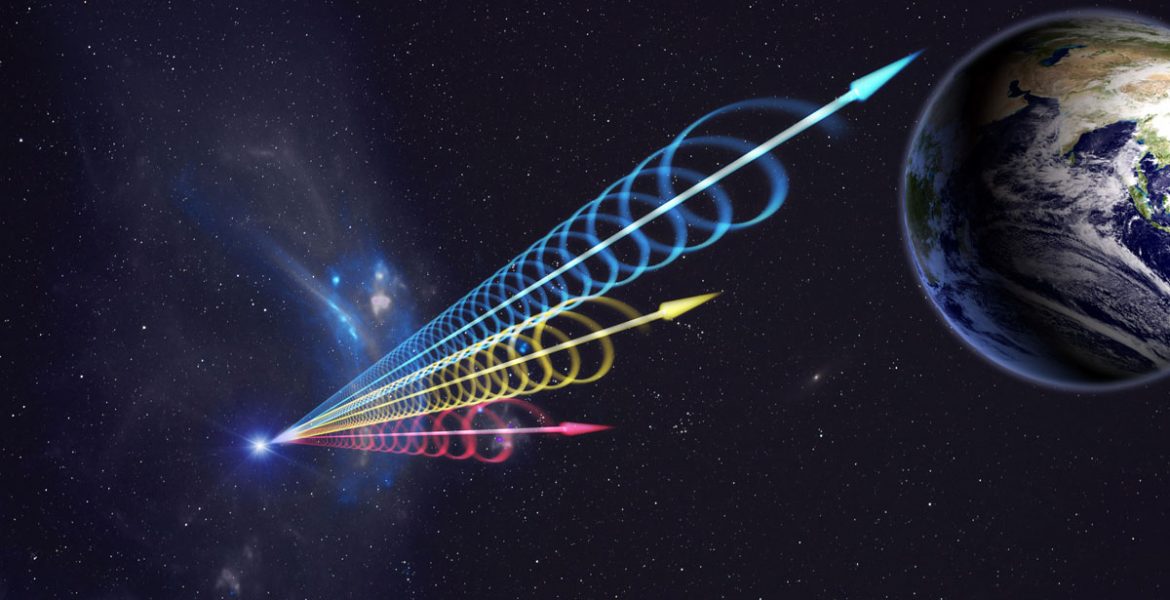
Fast Radio Burst' Sheds New Light on Origin of These Extreme Events - National Radio Astronomy Observatory
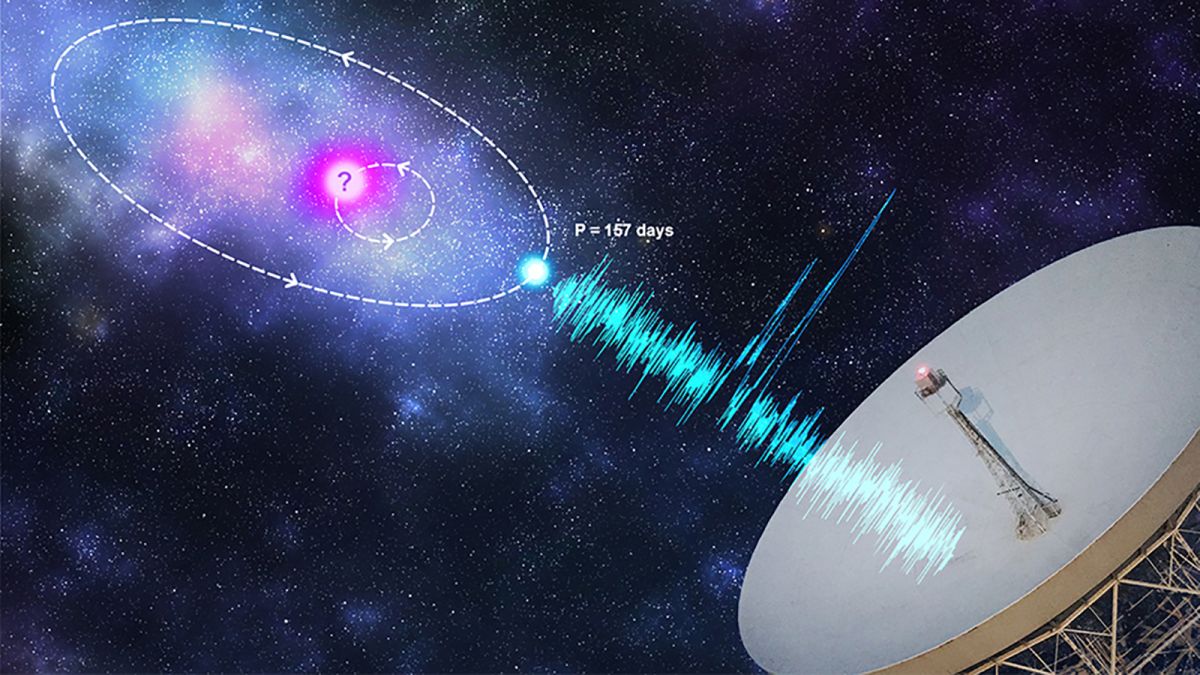
Another mysterious radio burst in space is repeating a pattern. This one occurs every 157 days | CNN
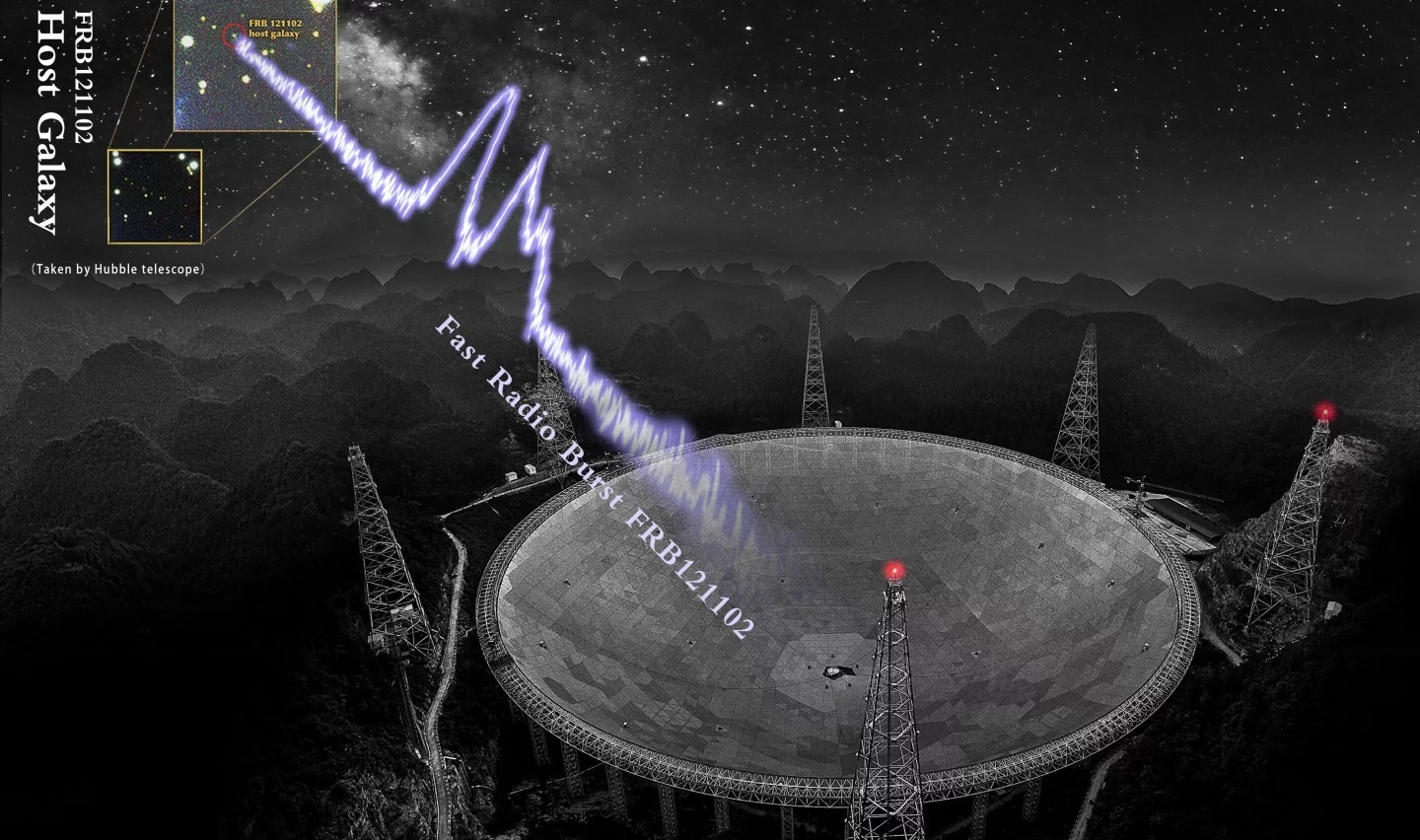
Something Really Wants our Attention. One Object Released 1,652 Fast Radio Bursts in 47 Days - Universe Today

Astronomers Unveil New – and Puzzling – Features of Mysterious Fast Radio Bursts | University of Nevada, Las Vegas
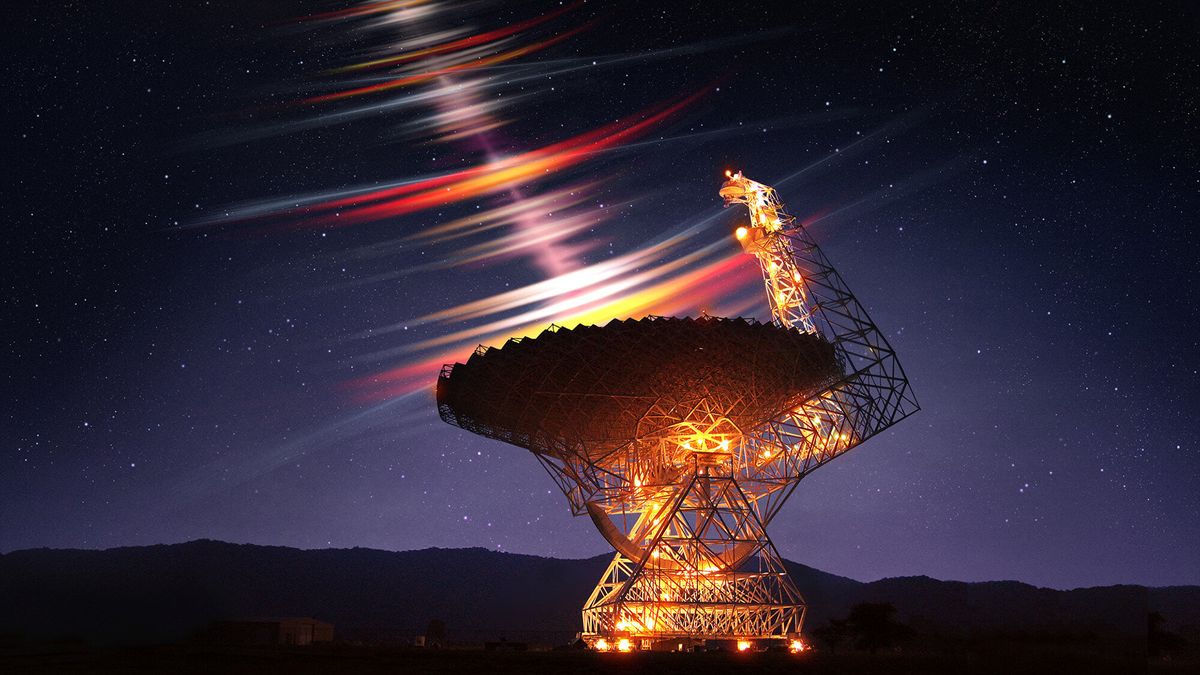
Scientists detect fastest-ever fast radio bursts, lasting just 10 millionths of a second | Live Science
